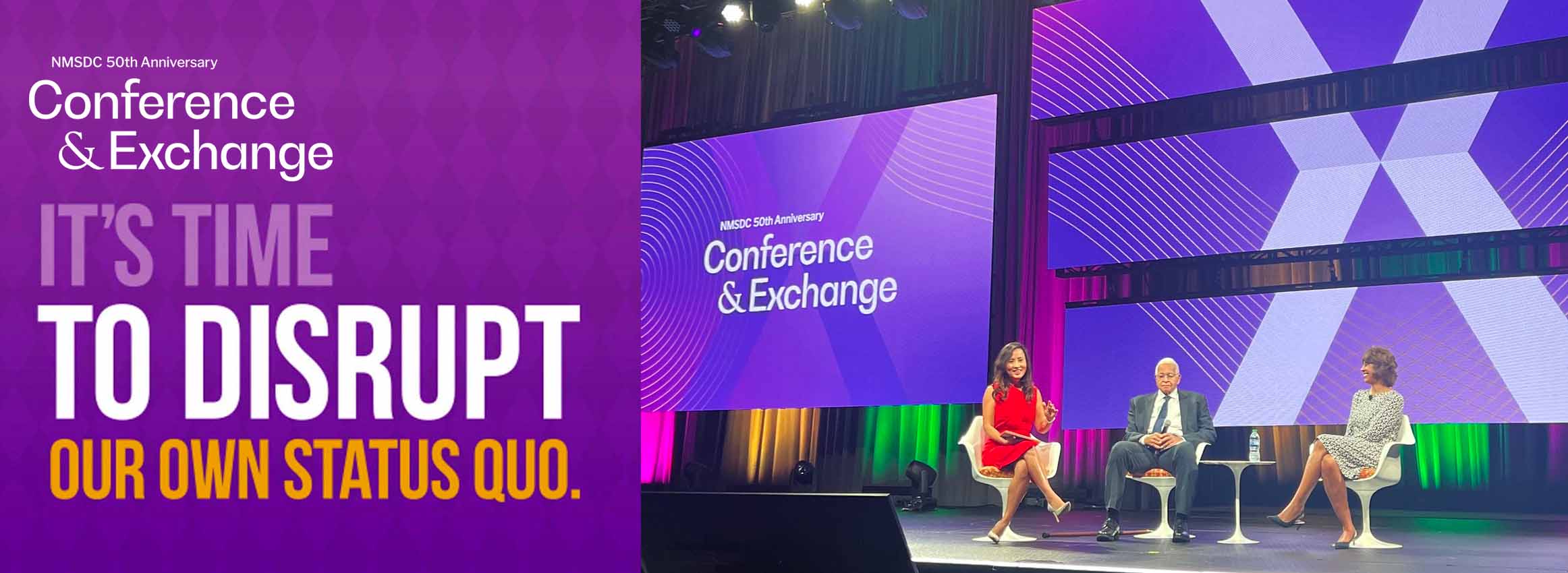EV Mandate Opposition Intensifies: Car Dealers Push Back

Table of Contents
Financial Hurdles and Infrastructure Gaps
The transition to an EV-centric market presents significant financial challenges for car dealerships. These hurdles are impacting their ability to adapt and contribute effectively to the wider EV adoption goals.
High Initial Investment Costs for Dealerships
Upgrading dealerships to handle EVs requires substantial upfront investment. This includes not only the physical infrastructure but also the training of staff and the adaptation of business models.
- Installation Costs: Installing EV charging stations, particularly fast chargers, can cost tens of thousands of dollars per station, depending on the power requirements and number of charging points. A recent study estimated the average cost of installing a Level 3 DC fast charger at approximately $30,000 to $50,000.
- Technician Training Programs: EV mechanics require specialized training to diagnose and repair EV components, which differs significantly from working on traditional combustion engines. These training programs are costly and time-consuming.
- Inventory Management Changes: Dealerships need to adjust their inventory management systems to accommodate the specifics of EV batteries, parts, and maintenance needs. This can involve substantial investment in new software and training for staff.
Lack of Supporting Infrastructure
Beyond the dealership level, a lack of robust charging infrastructure presents a major obstacle to EV adoption. This is a crucial concern impacting both dealers and consumers.
- Limited Public Charging Stations: Many regions lack a sufficient number of public charging stations, particularly in areas outside major cities. This "range anxiety" significantly limits the practicality of EVs for many potential buyers.
- Uneven Geographical Distribution: The existing charging infrastructure is often unevenly distributed, leaving many areas underserved and hindering widespread EV adoption. Rural areas, in particular, face significant challenges.
- Long Charging Times: Even with fast chargers, charging times for EVs remain significantly longer than refueling gasoline vehicles. This inconvenience is a key deterrent for many potential customers. The current charging infrastructure needs significant expansion to mitigate these issues.
Consumer Concerns and Market Readiness
Even with government incentives, consumer concerns significantly impact the success of EV mandates. These anxieties are largely driven by factors beyond the control of individual dealerships.
Range Anxiety and Charging Time
A major concern for potential EV buyers is "range anxiety"—the fear of running out of battery power before reaching a charging station.
- Comparison of EV Range to Gasoline Vehicles: While EV ranges are continuously improving, they are still generally lower than the range of equivalent gasoline vehicles. This limits their practicality for long-distance travel.
- Charging Time Limitations: Charging an EV, even with a fast charger, typically takes much longer than refueling a gasoline vehicle. This can be a significant inconvenience for drivers.
- Impact on Long-Distance Travel: The limited range and charging infrastructure create significant challenges for long-distance travel, making EVs less appealing to some consumers. Surveys consistently show this concern as a major factor in purchase decisions. For example, a recent AAA study showed that range anxiety remains a top concern for over 70% of potential EV buyers.
Price Point and Affordability
The higher initial purchase price of EVs compared to gasoline-powered vehicles remains a substantial barrier to entry for many consumers.
- Comparison of EV Prices with Gasoline Vehicles: Even with government incentives, EVs typically cost more upfront than comparable gasoline vehicles. This price difference disproportionately affects lower-income consumers.
- Government Incentives and Their Effectiveness: While government incentives, such as tax credits and rebates, help to reduce the cost of EVs, their effectiveness varies depending on the specific programs and consumer eligibility.
- Impact on Lower-Income Consumers: The higher price point of EVs makes them inaccessible to many lower-income consumers, potentially exacerbating existing inequalities. Affordable EV options are crucial for widespread adoption. Data from Kelley Blue Book consistently shows a significant price gap between EVs and comparable gasoline vehicles.
Training and Workforce Adaptation
The successful implementation of EV mandates also requires a significant investment in workforce training and adaptation within the automotive sector.
Need for Specialized Training and Skills
EV mechanics require specialized training and skills to handle the unique complexities of electric vehicle repair and maintenance.
- Training Programs for EV Mechanics: Dealerships need access to affordable and effective training programs to equip their mechanics with the necessary skills to service EVs.
- Cost of Training: The cost of training EV mechanics is substantial, putting a strain on dealership budgets. This cost is further exacerbated by a shortage of qualified instructors and training facilities.
- Availability of Qualified Technicians: There's a significant shortage of qualified EV technicians, creating a bottleneck in the service and repair of EVs. Industry reports regularly highlight this critical skills gap.
Adapting Sales and Service Models
Dealerships must adapt their sales and service models to accommodate the specific needs of EVs. This requires significant investment and changes in business operations.
- Changes in Inventory Management: Dealerships need to adapt their inventory management strategies to handle the different parts and maintenance requirements of EVs.
- Sales Techniques: Sales staff requires training in effectively communicating the benefits and addressing the concerns surrounding EVs.
- Customer Service Approaches: Customer service approaches must evolve to meet the unique needs of EV owners, which may involve different maintenance schedules and service requirements. Successful dealerships are already adapting their strategies to better engage and inform EV customers.
Conclusion
The intensifying EV mandate opposition highlights the complex challenges associated with a rapid transition to electric vehicles. Car dealers, facing significant financial burdens, infrastructure gaps, and evolving consumer demands, are raising legitimate concerns that need to be addressed to ensure a smooth and successful transition. The opposition isn't against EVs themselves, but against the current pace and implementation of the mandates without addressing the underlying concerns.
Understanding the multifaceted nature of EV mandate opposition is crucial for policymakers and stakeholders to develop effective strategies that support both the environment and the automotive industry. A collaborative approach that considers the concerns surrounding EV mandates and addresses the financial, infrastructural, and workforce challenges is vital for fostering a sustainable and successful transition to electric vehicles. Let's work towards solutions that alleviate the concerns surrounding EV mandate opposition and create a truly viable pathway to a greener future.

Featured Posts
-
 Aaron Judge And Samantha Bracksieck Announce Babys Arrival
Apr 28, 2025
Aaron Judge And Samantha Bracksieck Announce Babys Arrival
Apr 28, 2025 -
 Wallace Challenges Nascars Status Quo An Honest Assessment
Apr 28, 2025
Wallace Challenges Nascars Status Quo An Honest Assessment
Apr 28, 2025 -
 Mets Finalize Starting Rotation The Last Two Spots Filled
Apr 28, 2025
Mets Finalize Starting Rotation The Last Two Spots Filled
Apr 28, 2025 -
 Abu Dhabis 2024 Success Key Projects Real Estate Growth And Ai Initiatives
Apr 28, 2025
Abu Dhabis 2024 Success Key Projects Real Estate Growth And Ai Initiatives
Apr 28, 2025 -
 Historic Yankees Match Aaron Judge Ties Babe Ruths Mark
Apr 28, 2025
Historic Yankees Match Aaron Judge Ties Babe Ruths Mark
Apr 28, 2025
